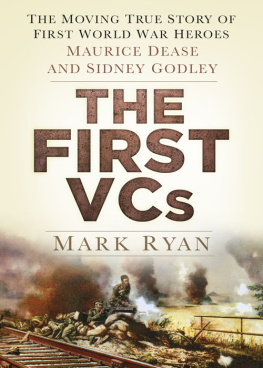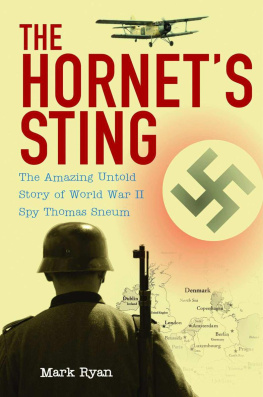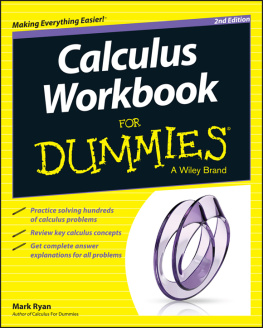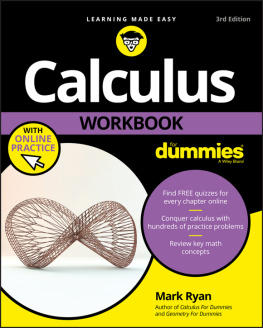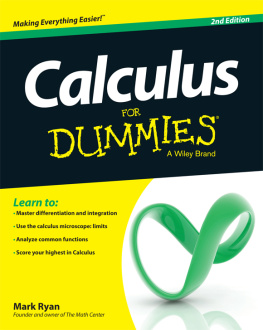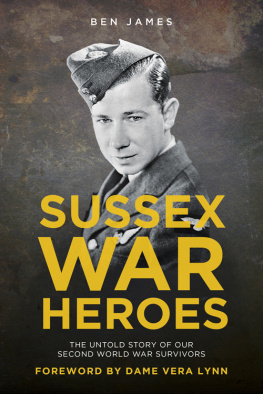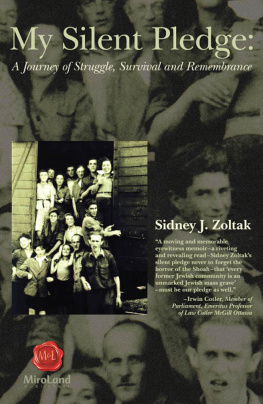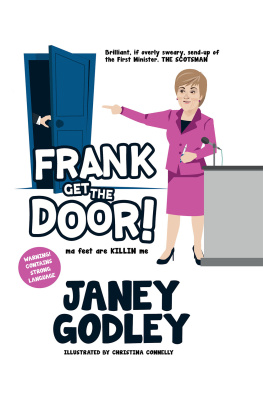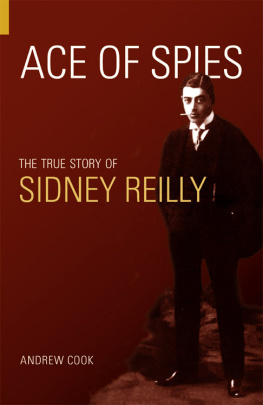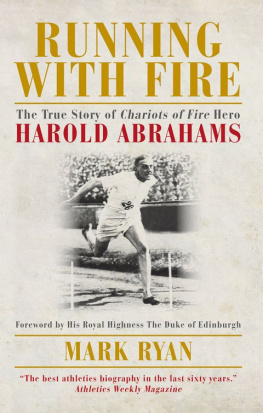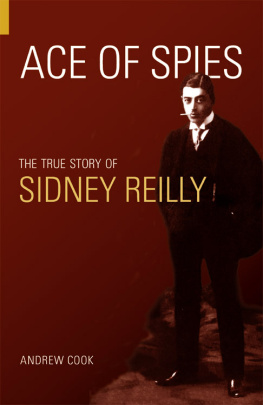Contents
First, thanks must go to John Mulholland, who was going to write this book himself until his considerable energies had to be diverted elsewhere. Imagine my relief and joy when he very generously offered to hand over all his own research and writings on the subject, giving me a free run to pick and choose as I pleased, to use whatever I wanted from his collection.
John was the man who introduced Major Maurice French (Maurice Deases nephew) to Colin Godley at Westminster Hall in 2003. Like Maurice Dease, John attended Stonyhurst College, and has remained as moved as I am by the story of both men. He has been a rock throughout the process. Consider that he was writing his excellent biography of Bill Speakman, VC, Beyond the Legend while fielding all kinds of questions from me, and you get a measure of the mans patience and intellectual capacity. I continued to pick Johns brains to the very end, and fulfilled my promise to let him view the first draft of the manuscript so that he could give his own feedback. This has proved invaluable, as I knew it would, since John isnt afraid to go straight to the point when he sees something which can be improved or needs correcting. Thank you so much, John, you deserve all your success in life.
Next, I want to thank Colin Godley, who has been a great supporter of his grandfather Sidneys memory for a good number of decades. Colin and his charming wife Linda invited me into their home in Stepney Green with a typical East End welcome, and were always helpful with their many insights. It is a testament to their determination to preserve Sidneys memory that they have kept many documents and photographs in superb condition, ready to pass down to the next generation, so that they too can remember their relative with pride and affection. Colin even retrieved a precious BBC recording of his grandfather from 1954, so we could actually hear the great man speak of his ordeal. I was so lucky to be able to benefit from this direct Godley family collection and will always be grateful for their hospitality.
Meanwhile, Sidney Godleys daughter, Eileen Slade, and her son, Andy, were also a sheer delight to interview. It was an emotional experience to hear Eileen speak of her father so proudly, and recall times between the wars that she still remembered so clearly. She can be very proud of herself that she spoke so movingly of Sidney and brought his final years to life so vividly. Accounts of life before, during and immediately after the Second World War are very precious; we should cherish them and collect them while we can.
The determination of Major Maurice French to preserve everything relating to the Dease story so perfectly was also deeply impressive. It made me feel so lucky to have such extensive source material to draw upon. Major French made me feel most welcome in his house right at the very start of the process, and it was a delight to pore over photograph albums and documents which remain in such fine condition after all these years. Major French helped me up to the moment when the manuscript was handed to the publisher, and again I will always remain grateful.
Having read through the book yourself, I hope you will agree that what the Godley and Dease families preserved for us, in terms of documentary material, was quite extraordinary. To put the best of these collections together in one book was surely worthwhile, and it is something that future generations can now cherish forever when they look back at the men who won the very first VCs of the First World War.
To all the authors who have previously written about Mons, I salute your superb research and excellent accounts; I hope I have acknowledged you all as I draw on some of your material. Distinguished historians and authors have all added to the picture down the years; it would be personally satisfying to me if future authors felt my material worthy of their attention in any small way, as they add their own contribution to this subject.
Thanks to The History Press editor, Jo De Vries, for the support she showed by commissioning the book.
Last but definitely not least, I would like to thank my son Luca, 9 years old at the time of writing, who didnt see me as often as he should have done while I tried to get this story right. I hope you never have to experience war, my son, and I hope you never feel you have to do anything to put yourself in the firing line. Appreciate the value of peace among nations and find a way to contribute to that peace.
Mark Ryan
2014
The tears are streaming down his face, some of them seeping into his thick moustache. It is Easter 1939 and Sidney Frank Godley is standing in Saint Symphorien Military Cemetery, 3 miles south-east of Mons. Almost a quarter of a century has passed since horror swept through here and drove men to acts of desperate and extraordinary bravery and brutality. The Belgians are putting up a plaque to commemorate those moments. The man crying is Sidney to his family and Frank when he is with the other veterans, who are collectively known as The Old Contemptibles. Sidney has a softer side and hes afraid to go to the dentist. Frank is the Victoria Cross winner who wasnt scared to take on the German army alone. They are the same man, of course. Today he is honouring the fallen and he cant stop the tears. Sidney Godleys family are standing beside him. His daughter Eileen, son Stanley and wife Nellie try to understand what he is going through. They havent seen him like this before. Not in public. The emotion suppressed as a soldier on active service is coming through now, in peace time. And there is no shame in it. If Sidney Frank Godley doesnt have the right to cry, no one does.
I should be there, he says, staring at a patch of ground next to the grave of a very special man. It is the final resting place of Lieutenant Maurice James Dease, whose younger sister Maud is also on this trip. Dease and Godley are forever linked by history, for Maurice also won the Victoria Cross, the highest military accolade for valour, on that fateful day. Godley was a private in the 4th Battalion, Royal Fusiliers, part of a machine gun detachment commanded by Dease. On 23 August 1914, they made a defiant stand and kept hundreds of Germans at bay for as long as they could in the opening battle of the First World War.
Standing there in tears, Godley remembers the intensity of that battle, the mens realisation that they had been targeted. What an awful feeling that must have been, knowing that the enemy were deliberately concentrating their fire on this single point, this one bridge, and the men defending it. Maurice Dease, the most popular officer in the regiment, crying out above the fizzing sound of flying metal, urging his team to keep their machine guns going at all costs. Each man fighting for his life, yet knowing all the time that, the more they fought, the more sure they were to die. They must all have come to that conclusion, sooner or later. Those machine guns had become a magnet for the shells and bullets of a relentless enemy, who had whipped up such a deadly storm of fire that there was little hope of escape. It wasnt a question of whether you were going to be hit, it was when. Yet no man backed down. Not when they were led by an officer they all adored: Lieutenant Dease, a man who wouldnt give in.
Maurice Dease, trying for all he was worth to ignore the thud of the bullets as they ripped into his flesh, willing himself to blank out the searing pain so he could continue to do his job. Loveable Maurice, who refused to leave his men as they died one by one around him, after battling so heroically against overwhelming odds. Conscientious Dease, who never let his men do anything that he wasnt prepared to do himself even die ignoring the pleas of his commanding officer to have his wounds treated at a field hospital towards the rear. Back to the machine guns, they must never fall silent, so back Maurice went, time and again, until silence swamped everything.

